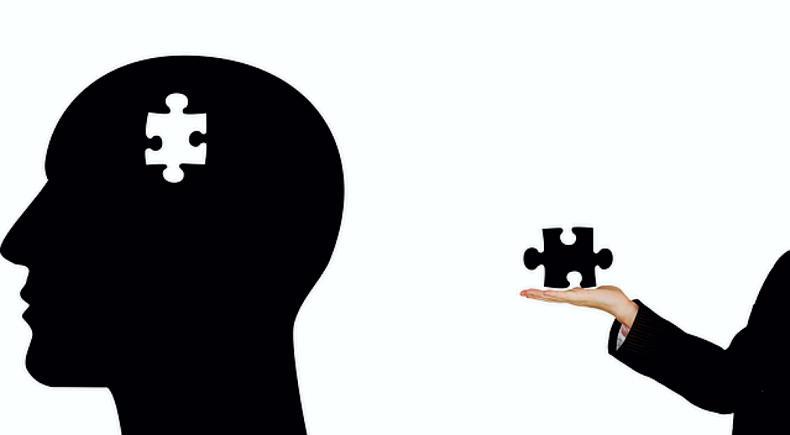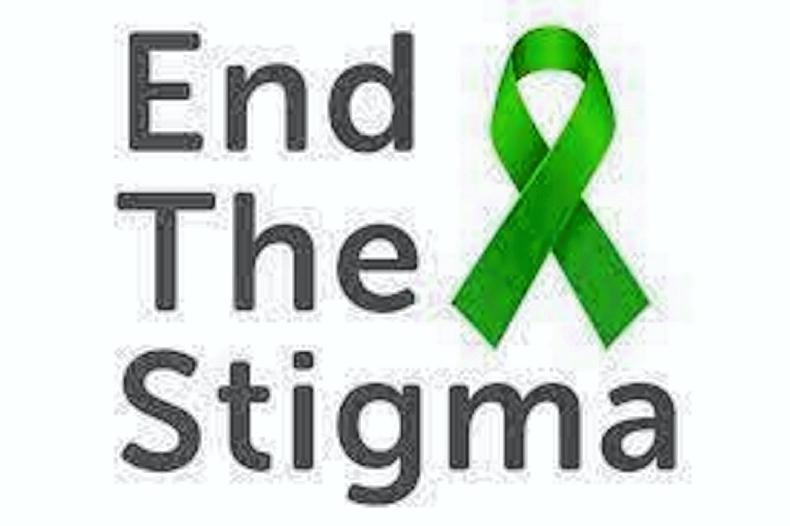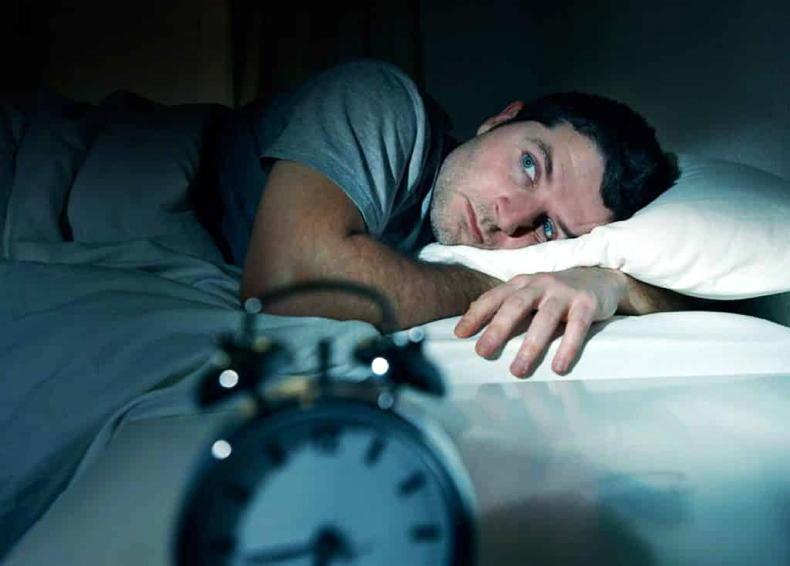PROBLEMS sleeping can contribute to, or result from, mental health issues. Sleep is important for your mental health. Most people need between five and nine hours sleep a night. The ideal amount is eight hours, but everyone is different.
Sometimes it’s not possible to get as much sleep as you would like. If you don’t sleep well, you won’t feel as alert as you should. You will feel easily agitated and your actions may seem slow. Stress and anxiety can lead to sleeping problems. As the stressful situation passes, a more regular sleep pattern should return.
Try not to worry if your sleep is disturbed for a short while. This can be perfectly normal. However if you’ve been feeling down for a couple of weeks and been unable to sleep, speak to your doctor.
Disrupted sleep
Difficulty sleeping is often called insomnia. The odd night without sleep won’t cause you any damage. However insomnia can leave you tired and moody, unable to focus on tasks. Many things can disrupt sleep, including stimulants like caffeine and nicotine, some types of medication, as well as stress and worry.
Better sleeping tips
You can take steps to improve your sleep. These include keeping active, avoiding stimulants, keeping to a routine, avoiding naps and relaxing your body and mind.
Regular exercise can help improve your sleep, but try to avoid exercise in the hour before bedtime. With regard to exercise it is important to stress the American College of Sports Medicine advice that “EXERCISE IS MEDICINE”. This is also fully supported by the Faculty of Sports & Exercise Medicine at the Royal College of Surgeons in Ireland.
See http://www.exerciseismedicine.org
Avoid tea and coffee, or foods high in sugar, in the evenings. Go to bed at the same time each night and get up at the same time each morning. This helps your body clock get into a rhythm and makes sleeping feel more natural. If possible, avoid naps during the day. This is because it makes it harder to fall asleep at night.
Process the day’s thoughts and feelings and then let go of them. If it helps, write things down or talk about them with someone you trust. Reading in bed can focus your mind and empty it of the day’s worries.
Your bedroom should be a comfortable temperature. If it’s too hot or too cold, it may make it more difficult for you to sleep. Turn off all technology and do something restful such as gentle stretches or taking a warm bath. Make sure to turn off any television in the bedroom (or better still, have no tv in the bedroom).
Deep breathing exercises can help you to relax. The smell of lavender oil also helps; try sprinkling a few drops on your pillow. Learning meditation is a very useful tool for stilling the mind and relaxing the body.
Sleep and mental health
Lack of sleep can affect your general wellbeing. Long-term lack of sleep can either be a cause or a result of depression or anxiety. If you’re struggling to sleep over a long period of time, this may lead to more challenges to your mental health. It could also make any existing challenges worse.
Being tired makes it harder to cope. Over time, this can affect your self-esteem and mental health. You may become lonely and skip social occasions. You might see fewer people. Isolation can lead to mental health problems.
Lack of sleep may also impact your mood and energy level. This could lead to negative thoughts. Mental health problems such as stress, depression or anxiety can make it harder to sleep. Depression can make it more difficult to cope. You may over-sleep to avoid daily tasks. This can make it harder to sleep at night.
If you’re feeling stressed or anxious, you may be more prone to disturbed sleep or nightmares. Some medication may cause sleep disturbances. It is important to let your doctor know if your medication keeps you awake or makes you too sleepy.
Sleep disorders
You may have a sleep disorder if you feel very sleepy during the day or groggy in the morning, have irregular breathing, move a lot during sleep, can’t sleep and have night sweats or have unusual sleep behaviours. If you’re struggling with your sleep on a regular basis, you should talk to your doctor.
The most common types of sleep disorders are insomnia, sleep apnoea and circadian rhythm sleep disorder. Insomnia is a sleep disorder that affects a person’s ability to get to sleep at night or stay asleep at night. As a result, someone with insomnia may find it harder to function during the day.
Sleep apnoea is a disorder that affects your breathing when asleep. It makes your breathing stop and start irregularly when sleeping. This can be pretty serious. Sleep apnoea is very common, causing severe daytime fatigue which can lead to people dozing off when driving. Ask your partner “Do I snore or stop breathing in my sleep?” Likewise, if you notice this in your partner advise them to see their GP. Remember that weight loss is the most important treatment for sleep apnoea.
Circadian rhythms are 24-hour cycles in your body. Some people call them your ‘body clock’. They help to manage your appetite, energy, mood and sleep. Your body clock can change depending on your environment. It responds to light and changes from night to day. When your body clock is out of sync, this has an impact on you. It can cause circadian rhythm disorder (CRD). This sometimes triggers depression.
To help you manage your body clock try not to take naps during the day, allow yourself time to wind down before going to bed, get some exposure to light in the mornings, exercise regularly and eat a healthy diet.
Seasonal affective disorder (SAD) is linked to CRD. During the winter, our bodies don’t get enough light. This can mean your body produces the wrong hormones at the wrong time of day. The symptoms usually pass as the days get longer. However sufferers may have one to two weeks of SAD-like symptoms in the summer.
If you have bipolar disorder, you may enter a depressive (low) phase in autumn and winter. You may have episodes of euphoria or mania (intense excitement and happiness). This is due to fewer daylight hours. You will need more help to manage your condition. You may also suffer from sleep problems and feel worse at a particular time of day. Sometimes using a bright light can help these symptoms.
Recharge is an app for your mobile device and offers a six-week programme to help improve your sleep and health. It is worth a look. .


 This is a subscriber-only article
This is a subscriber-only article
 It looks like you're browsing in private mode
It looks like you're browsing in private mode









SHARING OPTIONS: